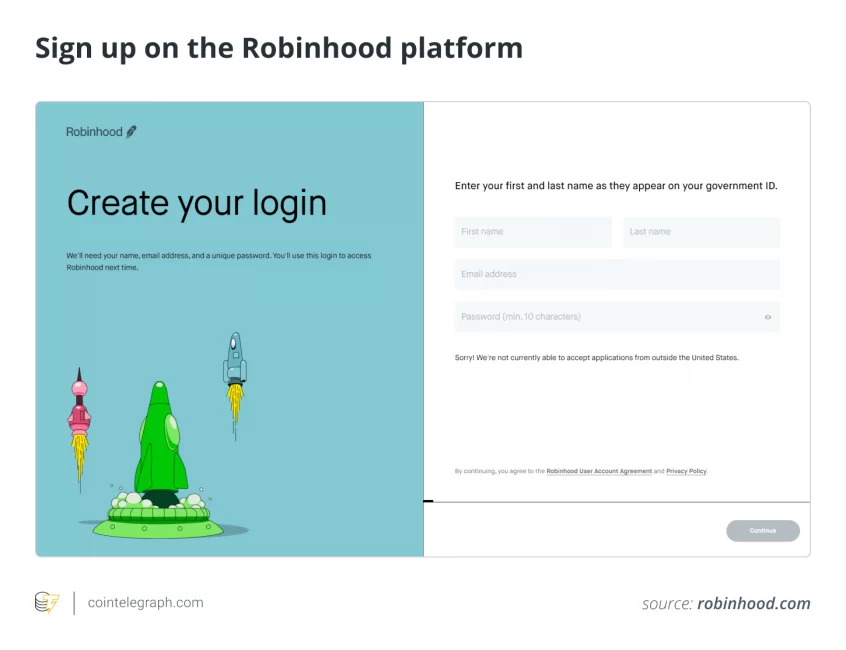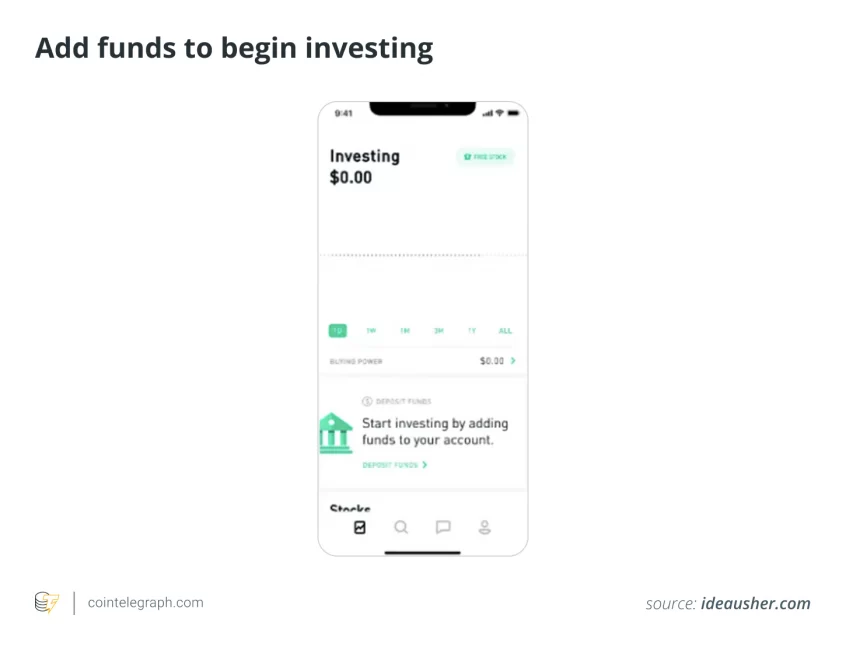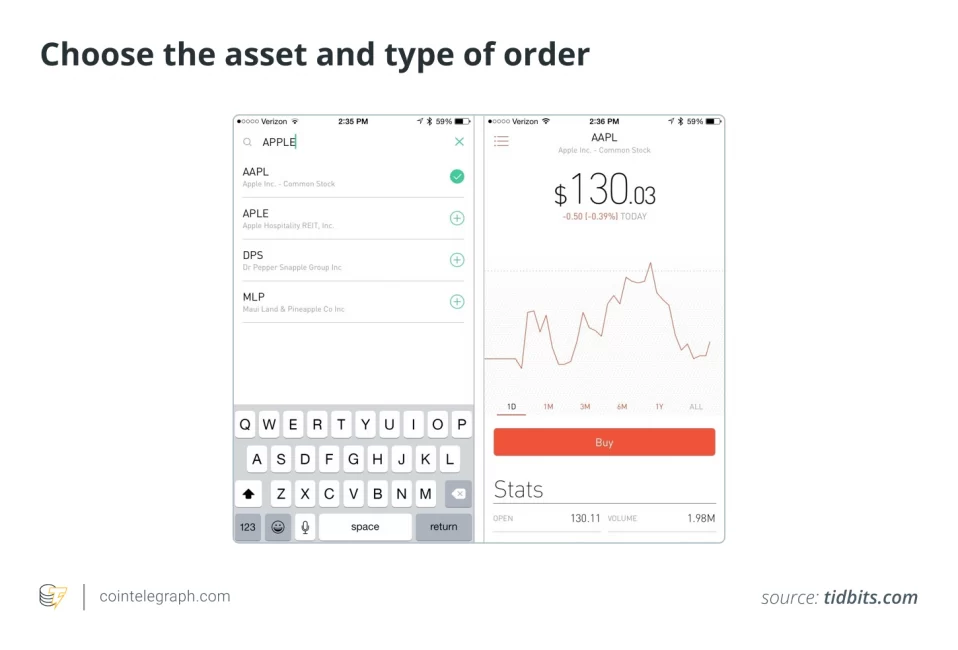Understanding the Robinhood trading model
Robinhood is an online financial technology broker that introduced a new trading model to allow individuals to start investing easily and efficiently with little money.
Robinhood’s fortune started with the Covid-19 pandemic when quarantines and lockdowns encouraged millions to look at investing from home and start trading different types of assets, including stocks, ETFs, options and cryptocurrency. During the pandemic, Robinhood Markets’ annual revenue for 2020 grew to $958 million, a 245.18% increase from 2019.
Robinhood Markets Inc. is a financial services company founded in 2013 by entrepreneurs Vladimir Tenev and Baiju Bhatt to change the trading and investment game through a commission-free investing platform for ordinary investors who could open an account with no minimum balance. Such a new trading and investment model has since been adopted by many other stock and crypto brokers and boosted opportunities for retail traders and the younger tech-savvy population.
With its user-friendly interface, the Robinhood trading app simplified the investment process and eliminated many barriers to entry typical of more traditional brokerage firms.
The platform rose in popularity from the “meme stock” phenomenon in early 2021 during the GameStop short squeeze, when a group of retail investors coordinated large-scale buying activity on Reddit’s r/WallStreetBets forum.
While the value of the GameStop stock was expected to plummet due to its business model being perceived as outdated and having been on a downtrend for a long time, the coordinated buying activity — recognized as “herding behavior” in trading markets — drove up the price instead and caused significant disruption in the market.






